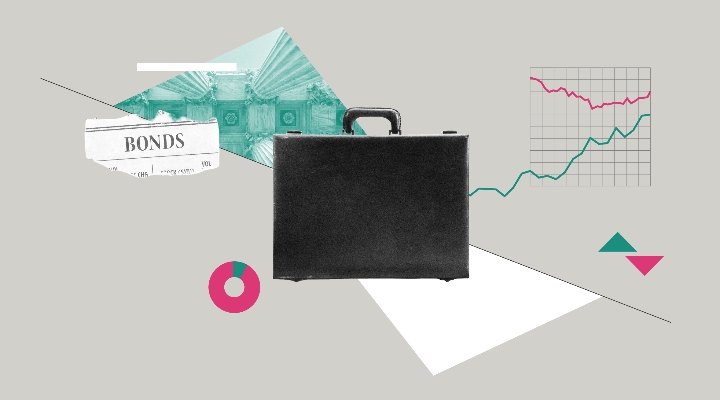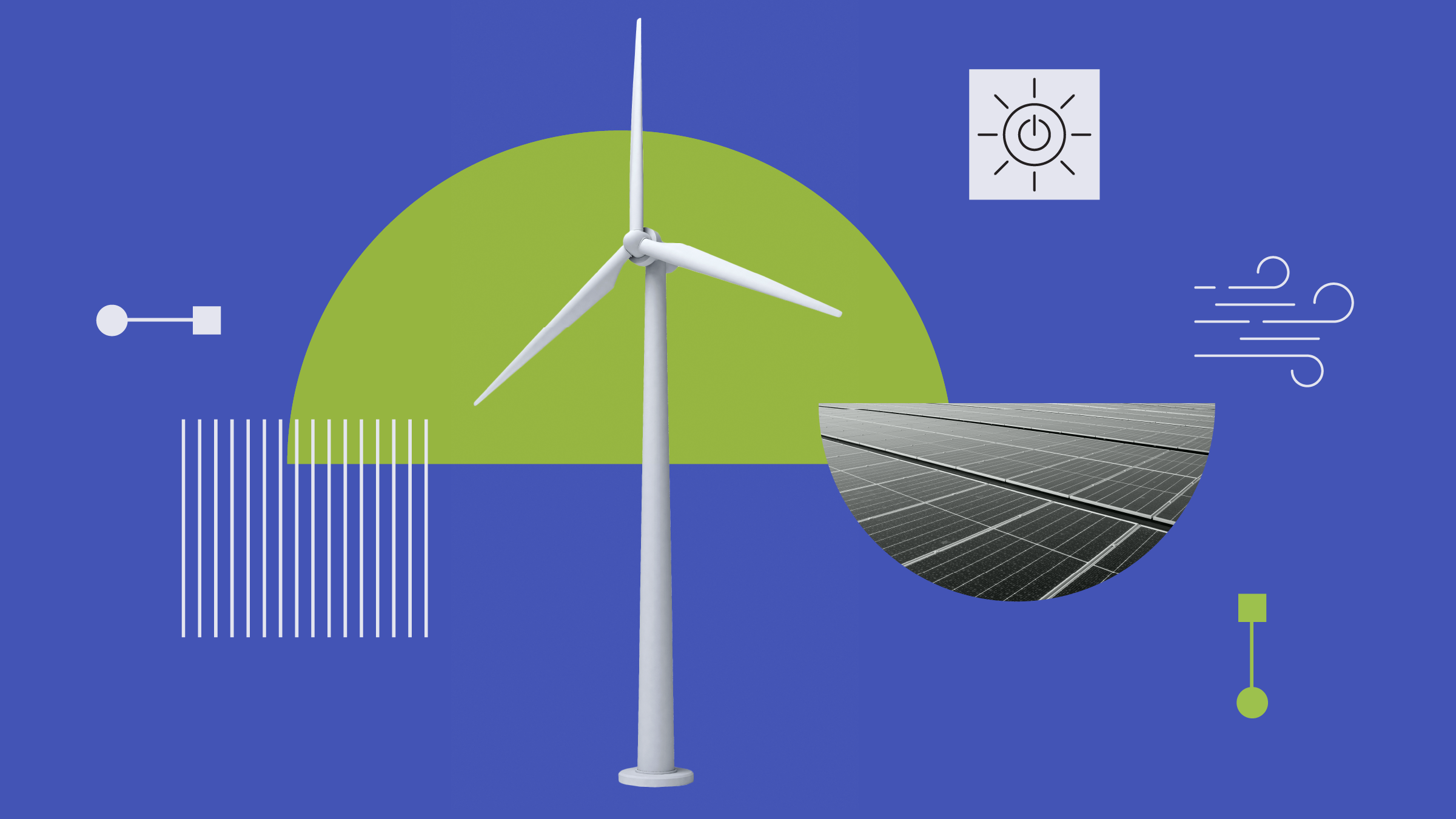When inflation soared in the late Seventies, fixed income yields followed, with corporate bonds reaching highs of 15%. Now inflation has reached a more palatable level bond yields have fallen, but there are still some attractive rates to be found.
High yield has outperformed all other fixed income sectors this year. While the best performing equity stock market has been the S&P 500 - returning 30% - the global high yield sector has returned nearly 7%.
Bonds are essentially a loan to a business, and are graded by credit rating, AAA being the most secure and least likely to default on the loan. The lower the credit rating, the more risky it is, and as a result investors are paid a higher rate of interest to compensate for the risk of default.
The global high yield index includes bonds rated BB, B and C. Bonds with credit ratings of BBB and above are considered investment grade, or corporate, bonds.
Lower quality credit has outperformed higher rated bonds so far this year, and CCC rated bonds are yielding as high as 7.5%. This average has been pushed up by the insurance sector, which has had a total return of 15.9% so far this year. Technology and banking have also fared well.
Wesley Sparks, Head of US Fixed Income for Schroders said that the high yield market was stable and offered plenty of investment opportunities.
"As long as inflation is not a threat, central bank interest rates will stay low - and so will Treasury bonds," he said.
Mike Gitlin, Head of Fixed Income for T.Rowe Price agrees.
"Two misconceptions about the bond market at the moment are that rates will rise significantly next year and there is no value to be found in the market," he said. "But the economy is not strong enough for rates to rise much higher, and there are some opportunities out there, particularly in high yield."
Historically, high yield bonds have a low correlation with Treasury bonds, so even when these rise high yield investors should not see losses.
Sparks remains confident that the fiscal crisis witnessed in October - when the US government went into 'shutdown' - is not repeatable and that low consumer confidence would not necessarily result in low consumer spending. These factors create a supportive backdrop for the economy.
"The credit cycle is linked to the economic cycle," he said. "We don't think a bear market is coming in 2014, there may be a dip, but this should be seen as a buying opportunity."
This dip could come when the Federal Reserve begins tapering quantitative easing, which Sparks predicts for March next year.




























